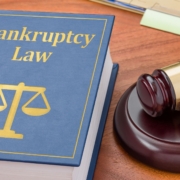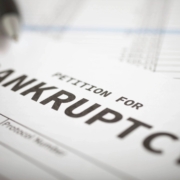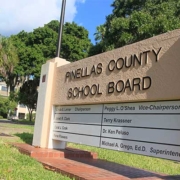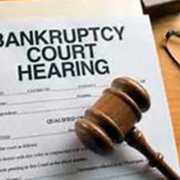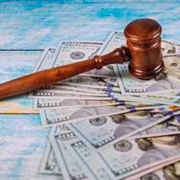HOW WILL YOUR BANKRUPTCY AFFECT YOU PERSONAL INJURY CASE?
How will Bankruptcy affect your Personal injury case? This greatly depends on which occurred first, and which chapter of bankruptcy you are in. Is your personal injury case pending and you needed to file bankruptcy? Or were you in bankruptcy when you were injured and your personal injury case arose? Are you worried now about getting the right personal injury lawyer? Well don’t worry, there are plenty that you could pick from. Why not check out someone like this Columbia personal injury attorney to give you a better idea of what to expect.
When did the Injury occur? If it was before you filed bankruptcy it is the property of the estate.
Chapter 7
If your personal injury case is pending and you file Chapter 7, you will lose your claim (Bk §101(5)) entirely, it will become the property of the estate, including your entitlement for payment of future medical expenses. The trustee will settle the claim liquidating damages, for the benefit of your creditors (Bk Code §726) (BK Code §521(a)). The bankruptcy judge will enter an order approving your settlement. The injured party- debtor has no standing to object to this settlement unless they can convince the judge that the claim would have sufficient recovery to pay all creditors in full and a surplus for the debtor. The Debtor bears the burden of proof.
There are some personal injury claims that are exempt from this such as a Worker’s Compensation Claim. Contact our office for more details.
Also, the Debtor needs to be aware that any medical expenses incurred after the filing of the bankruptcy petition are not discharged in the bankruptcy. You will not be released from personal liability. The trustee will pay only a portion of those medical bills as part of the estate’s administration.
It is also extremely important that your personal injury attorney and your bankruptcy attorney be made aware of your filing both for your protection and theirs. If you would like some more guidance on what to do then you should check out a website like www.nehoralaw.com, this might help you have a better understanding of what to do. Insurance companies regularly check bankruptcy filings to see if you disclosed the claim and if it was done so properly. Failure to disclose can result in the insurance defense attorney moving to have your case dismissed on the day of trial, as the trustee is now the proper party plaintiff. If the statute of limitations has run, then the trustee’s only recourse is now to sue you, revoke your discharge and possibly refer you for criminal fraud charges to the F.B.I.!
Property interests or settlements you may be entitled to within 180 days of filing your bankruptcy petition are also subject to administration by the bankruptcy court.
Your personal injury attorney needs to know not only for how they are going to administer your case going forward, but they must be selected by the trustee, and appointed by the court to continue in your case and receive compensation. There are loads of personal injury attorneys that you could get. For example, you could check out someone like this Forth Worth Personal Injury Lawyer, but there are plenty of others that you could pick from.
Chapter 13
If your personal injury case is pending and you file Chapter 13, you again must disclose the personal injury claim. The debtor will be able to choose and retain counsel, pending court approval. The personal injury attorney will represent both the debtor and the bankruptcy estate/ chapter 13 trustee. Once a settlement is agreed to it must be approved by the bankruptcy court, along with the personal injury attorney’s motion for attorney fees and costs. The Court under a separate motion the Court will determine the distribution of the remaining proceeds between the debtor and the bankruptcy estate.
If you are experiencing problems with multiple creditors, and can benefit by filing bankruptcy while awaiting the resolution of your personal injury claim, or would like to discuss any debt issues, contact our office to schedule a free consultation.
Carol A. Lawson, Esq., 28870 U.S. Hwy 19 #300, Hodusa Towers, Clearwater, FL 33761
Phone: (727) 410-2705; email: calh@gate.net
Clearwater Bankruptcy Attorney, Clearwater Bankruptcy Lawyer, Clearwater Bankruptcy, Clearwater Estate Planning Attorney, Pinellas Estate Planning Attorney, Pinellas Probate Attorney #FileLocallyDontOverpay #ClearwaterBankruptcy #ClearwaterBankruptcyAttorney #ClearwaterEstatePlanning #ClearwaterProbate

